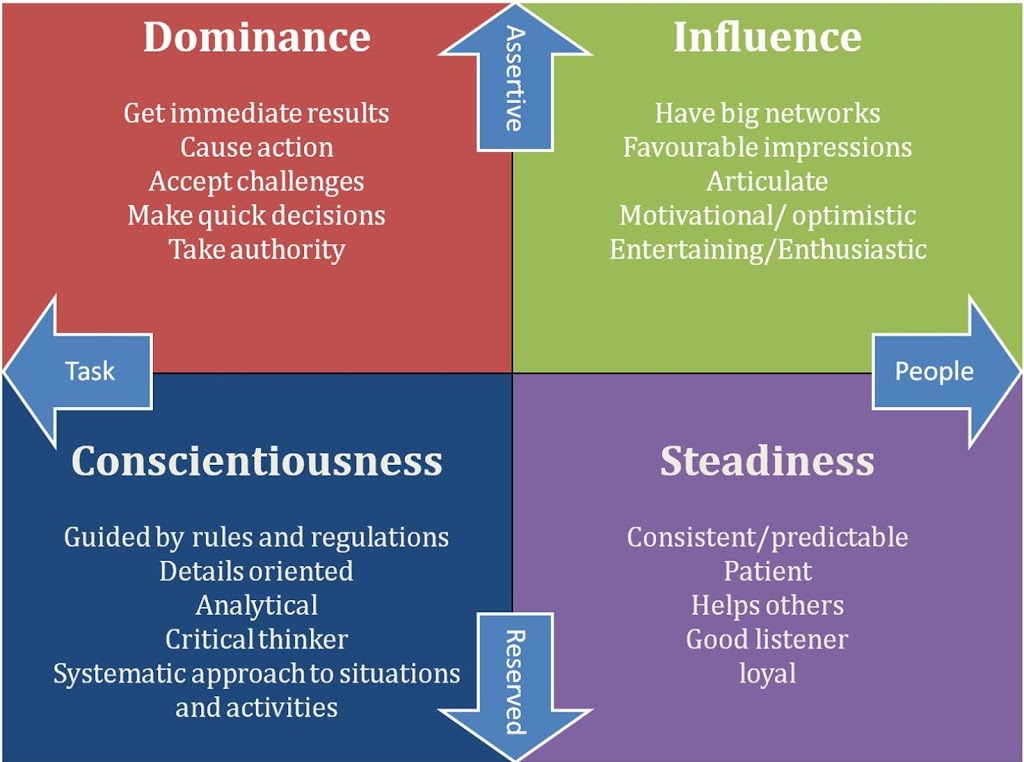You should be doing internal supervision
As a youth worker who managed staff one of the areas I spent a lot of my time doing was internal supervision sessions. I saw that my staff needed the opportunity to discuss cases in depth, gain professional skills and a framework for organisational administrative procedural work. These staff liked the idea of having an open door but the most productive work happened through our supervision sessions.
Unfortunately, many youth work managers have been promoted into management without gaining any training in supervising staff. They remember the support they received and then give the same to their staff… nothing. But if no one has shown them what to do we can forgive them for not supporting their staff. But no longer. Here are the top seven things a manager needs to know about supervising their youth work staff.
- More communication is better. These sessions are a way of not only speaking about their practice but building a relationship with your staff member. Many managers believe that they are communicating a lot with their staff… you could triple it and it still wouldn’t be enough. In the words of Steven Covey, ‘seek first to understand, then to be understood’.
- You speak for the organisation in all things. As a manager you have role power. It is written all over your face. When you speak to your staff you are speaking with all the authority of your organisation. When you encourage it is like the board has given encouragement. When you admonish they see the CEO getting ready to fire them. Be aware that in their eyes you are the organisation!
- Have a best practice framework for the session. In youth work there has not been a lot written about frameworks for professional supervision. In the social work setting there has been quite a lot. Whether you use Alfred Kadushan’s model or another… use a model that has been tried and tested.
- Have an agenda. This is a business meeting like any other. It requires an agenda! What case do you want to work through? What policy do we need to analyse? Is there an organisational framework for the work we do? Whatever you choose as your model for practice will frame your agenda.
- One hour EVERY fortnight. Consistency is key. You need to do these sessions regularly with your staff. We recommend every fortnight. when you start it will seem like a lot… but give it time. Even if you are travelling for work use Skype or the phone tot have your session. I was a way at a conference not long after taking on my first managing gig. When I told my staff that we would still be doing our sessions they were amazed. It shows that you care about them.
- Its about your staff member. These sessions are not a time for you to reminisce about the good old days when you were on the frontline. They are not for you to sprout from the font of all knowledge. They are all about your staff! What are they struggling with? What do they need to know? What is the best way to deal with the issue they have? Overarching your model of supervision is the fact that it is all about your staff development.
- You need to be more knowledgable than your staff. If you know less than your staff then you are in trouble. Read a book. Do a course. Get your own external supervision. In the sessions your staff will expect that you can lead them through the maze of case work to pop out the end with their objective well in hand. You need to know what you are doing! If you don’t you may want to look at contracting an external supervisor.
If you follow these seven steps you will be more effective than the average youth work manager by leaps and bounds.







1 Comment
[…] boss only talks about tasks in ‘supervision’ sessions. If like most youth workers your boss is giving you their version of supervision which […]
Comments are closed.